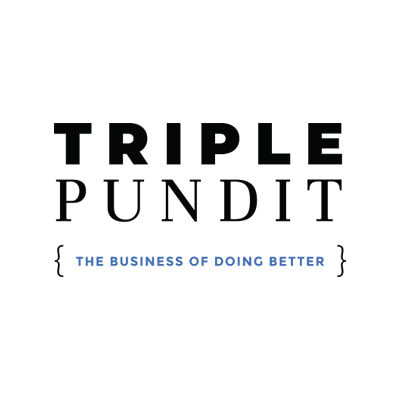
What do Dollar General and the U.K.’s Pets at Home have in common? They are among the 27 companies that have been through the KKR Green Portfolio Program. Launched back in 2008 in a partnership with the Environmental Defense Fund, KKR designed the program to optimize financial and environmental performance within its portfolio. With revenues close to $3.4 billion, the 38 year old private equity firm has been not only a pioneer in the leveraged buyout industry, but in transforming companies into leaner and more sustainable operations to make them attractive to future buyers. KKR recently announced the program’s most recent results for 2013.
Considering the gut reaction many of us have to the words “private equity,” one big question comes up: why would a firm such as KKR take on such a task in the first place? Most of us do not plunk CSR or ESG (environmental, social and governance, the term our friends across the Atlantic prefer), in the same thought or sentence when describing these types of companies. So to find out, I had an interview with KKR’s Vice President for ESG Strategy & Communications Ali Hartman.
“At the end of the day, what this program goes back to is running a business in the best way possible, and sustainability has to be at its core.”
The way KKR’s Green Portfolio program works is similar to any company’s strategic agenda. With a portfolio containing over 100 companies at any given time, not every single firm under KKR’s umbrella will go through this process. Those that do enter the program are evaluated, and then KKR identifies what it calls KEPAs (key environmental performance indicators) to give a starting point. Next, KKR professionals establish metrics and a baseline from which to gauge the individual company’s improvement in performance. An action plan is then developed, and finally, KKR measures and reports the results. In the end, it really sounds like what any private equity firm would do with a newly acquired company—only that sustainability is part and parcel of this long process.
“Our ESG philosophy is aligned with what we do at KKR—find and build businesses that will be better off than when we found them,” Hartman explained to me from her New York office. “Sustainability and ESG fit with this concept, and really, before this became known as ‘ESG,’ the private equity space was addressing these issues, without really calling it ESG. But in the last 5-10 years, we have seen ESG management become more methodically and consistently integrated within KKR’s approach to business and its portfolio companies.”
One example of KKR’s success is Dollar General, one of the largest discounters in the U.S. By combing through its operations, the Green Portfolio team assigned to this company was able to discover ways to make the company more efficient. The resulting new practices may not sound the most innovative, but you cannot dispute the savings. In five years, the company saved or generated a total of over $200 million, mostly from waste diversion efforts with the mounds of corrugated cardboard in which all those goodies such as $1 tubes of toothpaste were delivered. Revamping Dollar General’s transportation fleet and building a new centrally located distribution center contributed to over $400 million in saved fuel costs between 2008 and 2013. The company’s improved performance closely correlated with its reduced greenhouse gas emissions as well.
Across the pond, Pets at Home did not do too shabby either. As the cliché goes, little things add up to big savings: creating green teams at locations, installing LED lighting and ramping up recycling led to over $11 million in savings while avoiding costs due to recycling 31,000 metric tons of waste.
It is projects like these that help KKR with its core mission: buy companies that are underperforming, right-size their operations, build value and then sell them on. But in a world where fuel price volatility is the norm and resources are becoming more scarce and expensive, Hartman explained that to overlook sustainability, in any sector, is a fool’s errand. Add the fact stakeholders are demanding more transparency and social media can ignite a PR or marketing headache in a second, companies have no choice but to integrate environmental and social issues with the financial questions. And in the end, KKR has found the formula we see more and more—better environmental performance runs often parallel to financial performance.
“We’re in a world that is increasingly complex--it’s not going to be less demanding or less transparent in the future. We have to acknowledge the fact that the rate of information will only increase,” said Hartman. “We see sustainability and ESG as a necessity in this new world order, whether it’s because of increasing costs, diminishing resources or stakeholder demands. Sustainability is not a sidecar and it’s not a nice to have—it’s becoming a must have. We just can’t ignore these issues that are confronting companies today, from supply chain sustainability to the need to reduce waste.”
Learn more about KKR’s Green Portfolio Program here.
Image credit: Ildar Sagdejev

TriplePundit editors offer news and insights on sustainable business.














